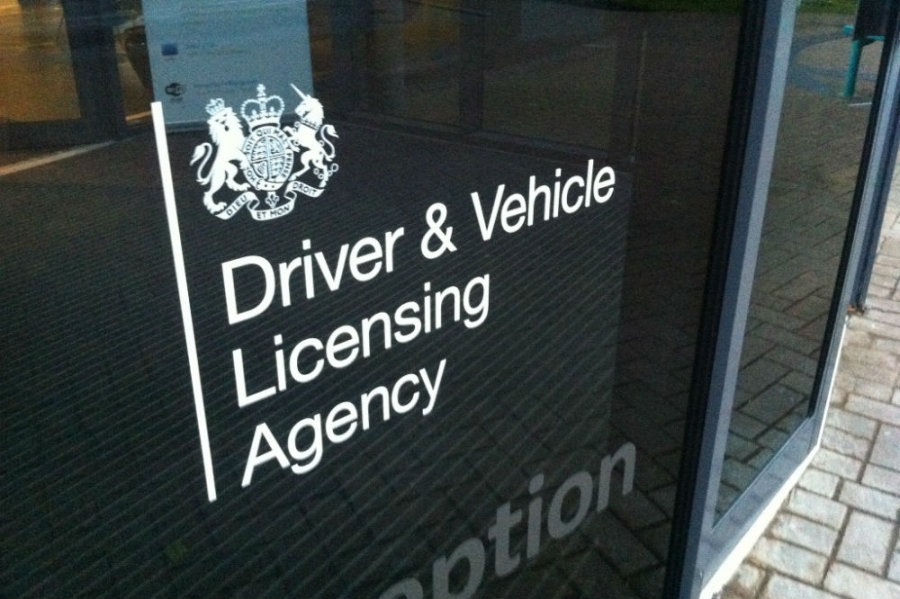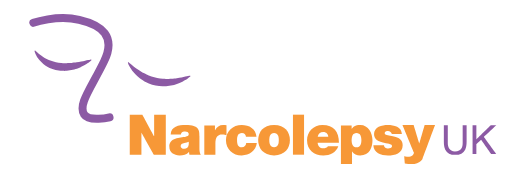3rd March 2017
On 8 February 2017 Narcolepsy UK (represented by Trustee Steve Jones) attended a meeting at the DVLA in Swansea. This had been arranged as part of DVLA’s effort to become more engaged with medical charities representing people whose condition affects their ability to drive. Around nine different charities were present, including charities concerned with diabetes, epilepsy, Parkinson’s, glaucoma and sleep apnoea.
The main value of the meeting was the contact established with DVLA and in particular the personnel from the Drivers Medical Section. It is intended to hold further meetings in the future, at 6-12 monthly intervals.
Here is some of the information we gleaned from the meeting and subsequent correspondence with DVLA.
The DVLA Drivers Medical Section deals with around 700,000 notifications per year. There are currently around 500 people in total working in Drivers Medical, but only 28 of these are “Medical Advisers” (MAs). These are qualified doctors, though they have also recently recruited a few nurses. They are trying to recruit more MAs.
The majority of ordinary driving licence (ODL) cases are dealt with by clerical casework people. These cases relate to non-vocational drivers, ie drivers for whom driving is not part of their employment, as opposed to lorry drivers, taxi drivers etc (vocational drivers). If there are queries on the medication, the driver has not been seen for some time or the condition has only been controlled for a short period of time, these are referred to an MA. Currently, all vocational driver cases are dealt with by an MA. DVLA is currently reviewing all end-to-end processes for both ODL and vocational driver cases to ensure that all referrals to an MA are essential.
We have in the past received queries regarding the order in which DVLA processes enquiries, and in particular whether they have some sort of “queueing” system. It seems that each new driver medical application is put onto the DVLA casework system and allocated to a caseworker’s / MA’s “queue”. However, this simply refers to their stock of cases that particular caseworker is accountable for. Within these queues there is the option to highlight priority cases, for instance ones where there is an urgent road safety risk. In practice, cases are prioritised by caseworkers / MAs and so are queued according to that priority, but within their own casework only. There is no single, overall queue that covers all pending cases.
DVLA has a performance target of dealing with 90% of cases within 90 days (the year-to-date figure for 2016-17 is 92.7%, with an average time of 37 days). They aim to make all licencing decisions, wherever possible, within 6 weeks. In practice, if the case can be dealt with by caseworkers it is often faster. Where the case needs to be referred to an MA it can take longer because further investigations may need to be made, but in that case DVLA writes to the driver to let them know. They are in the process of trialling an SMS system that will allow them to update customers by text message.
One issue that can cause delay is where DVLA requests additional medical information and the GP or Consultant does not fully complete the form or answers “unknown” to several questions. Where this happens the form has to be returned o the GP/Consultant for fuller completion. One message here is that whenever any person with narcolepsy is notified by DVLA that information has been sought from their physician, it would be a good idea for that person to take the initiative and make contact with the doctor (or their secretary) to check that the letter has been received and is being dealt with, and to ensure that their GP / Consultant completes the form fully and promptly.
An update to the DVLA guide to assessing fitness to drive (for medical professionals) is due to be published very soon, and we will be alerted once that happens.
Overall, we came away from the meeting with the definite impression that DVLA is committed to continuous improvement in the services that it provides to its customers. We are grateful for the invitation to attend the meeting and engage with DVLA, and we look forward to representing the interests of people with narcolepsy in future discussions with DVLA.
For information about narcolepsy and driving, go to our resource page.

